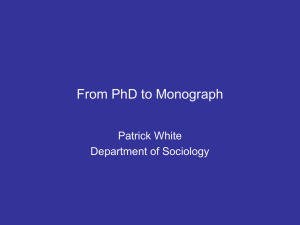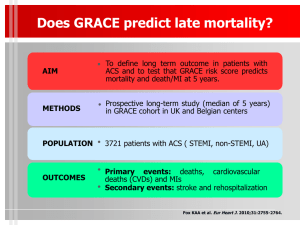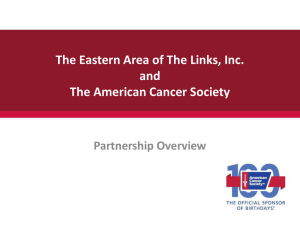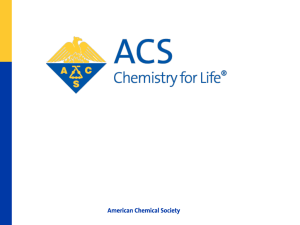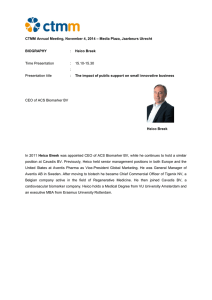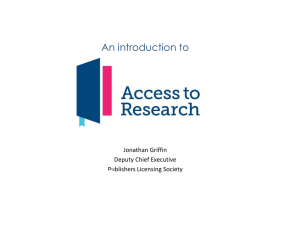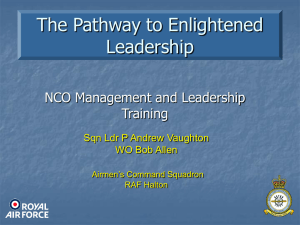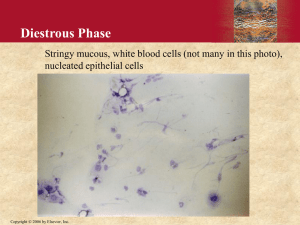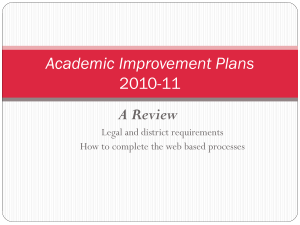Goutam - Library(ISI Kolkata)
advertisement
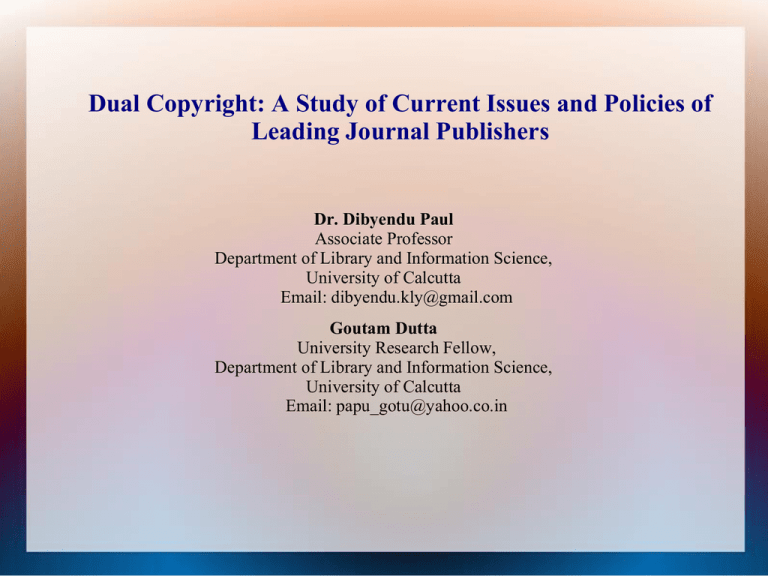
Dual Copyright: A Study of Current Issues and Policies of Leading Journal Publishers Dr. Dibyendu Paul Associate Professor Department of Library and Information Science, University of Calcutta Email: dibyendu.kly@gmail.com Goutam Dutta University Research Fellow, Department of Library and Information Science, University of Calcutta Email: papu_gotu@yahoo.co.in Introduction The movement towards reuse of scholarly contents in various from especially public availability through institutional repositories is a leading example. Traditionally, authors are required to transfer their copyright to the journal publishers in return for publication of their works. A dual copyright or alternative publishing agreement allows the author of a work to grant to the publisher the rights necessary to enable the publisher to publish the work while at the same time allowing the author to retain the copyright of the work, to reuse it for various purpose and to publish it in alternative publicly available channels. The Origin of this study Nearly 20 percent of respondents mentioned the lack of understanding of copyright issues is one of the problems behind the success of development of an IDR. Nearly 80 percent of them are not aware about dual copyright or dual licensing policy in this regard. According to University Ranking by Academic Performance (URAP) Research Laboratory Calcutta University ranked 15th among all Indian Science and Technology institutions and 8th among all Indian universities with science and technology faculties (http://www.urapcenter.org/2010/index. php reported on 03.12.2010). Objectives of this study In this direction 7 journal publishers are selected where the maximum numbers of recent articles were published by the Science and Technology faculty members under study. • To understand the current scope of reuse abilities by the authors of their scholarly articles published in those journals. • To understand the current issues and status of the major proprietary journal publishers’ policies regarding the copyright transfer or license agreement. Scope and Coverage • • • • • Elsevier American Chemical Society (ACS) American Institute of Physics (AIP) American Physical Society (APS) Institute of Electrical and Electronics Engineers (IEEE) • Springer • Oxford Journals Methodology • • • • • To conduct this study we have consulted relevant web documents of the above mentioned publishers. First of all we have listed potential areas of reuse abilities of post published scholarly contents. Posting in website or repositories Authors thesis and dissertation Teaching and in house training Presentation at conferences Sharing with colleague Study of Policies of the leading journal publishers Posting on Websites and Repositories Two ways: Posting of Pre-Published works Posting of Post-Published works Posting of Pre-Published works Table 1: Posting of Pre-Published works on Websites and Repositories Sl. Conditions Publisher No. 1 Allows with condition Elsevier, ACS, IEEE, Springer, Oxford Journals 2 Not allow before acceptance of the article AIP, APS • Elsevier: Unless prohibited in a specific Elsevier journal’s Guide for Authors. • ACS: Written confirmation from the appropriate ACS journal editor & Notice at the time of posting. • IEEE: Allow funding agencies’ publicly accessible repositories. • Springer: Non-Commercial, Final published version cannot be used, Acknowledgement and a link should be inserted. • Oxford: Acknowledgement with specific bibliographic information in prescribe format. Posting of Post-Published works • Elsevier: Article's DOI, Non-Commercial purpose & not posting external third-party website, If the institution mandates posting then there must be an agreement between Elsevier and the institution. • ACS: By mandate of the author(s)’ funding agency & NonCommercial purpose, 12 months after online publication of the published work. • AIP: Non-Commercial otherwise obtain permission, Author-prepared files only may be used, copyright notice & full citation. • IEEE: Only accepted version, not the published version is permitted. • Springer: 12 months after official publication. Publisher's PDF version will not be allowed to post, Acknowledgement & link. • Oxford: 24 months after first online publication in the journal, A PDF of the final published version may not be deposited by authors. Reuse in authors’ thesis or dissertation Table 2: Conditions of Reuse in thesis or dissertation Sl. Conditions Publisher 1 Allows with no Elsevier, APS, No. permission IEEE 2 Allows with ACS, Springer, condition Oxford Journals 3 No Mention AIP • ACS: written confirmation (via letter or email) from the respective ACS journal editor(s) is needed, Appropriate citation. • Oxford: Not commercially published • Springer: Provided acknowledgement, Appropriate DOI for the article. Reuse in Teaching or In-House Training Table 3: Reuse in Teaching or In-House ACS: Training Sl. Conditions Publisher No. 1 2 Allows with no Elsevier, APS, IEEE, permission Oxford Journals Allows with ACS condition 3 No Mention AIP, Springer • A link to the published work must be included using the ACS articles . • Electronic access must be provided via a passwordprotected website only to students enrolled in the course (i.e. not the general public). • If a fee for distributed materials is charged , prior written permission from the ACS must be obtained Presentation at Conferences Table 3: Presentation at Conferences Sl. Conditions Publisher No. 1 Allows with no Elsevier permission 2 Allows with ACS, IEEE condition 3 No Mention AIP, APS, Springer, Oxford Journals • ACS: Requires written confirmation via letter or email from the appropriate ACS journal editor. • IEEE: Needs the appropriate copyright credit and reuse notices appear prominently with the presented material Sharing with Colleagues Table 4: Condition for Share with Colleagues Sl. Conditions Publisher No. 1 Allows with condition 2 No Mention Elsevier, ACS, APS, IEEE AIP, Springer, Oxford Journals • Elsevier: To known research colleagues for their personal use but not for commercial purposes. • ACS: via the ACS articles on request author-directed link for non-commercial purposes and not through mass emailing. Further redistribution of any version of the work is not allowed. • APS & IEEE: Full citation & copyright notice. Conclusion Maximum proprietary journal publishers allow the authors for reusing their articles (fully or partly) in general for various purposes but they maintain different conditions. We need a common policy for all journal publishers in this regard, unfortunately which is not followed currently. Reusing of articles in author’s thesis or dissertation, teaching or training purpose is a very common practices. Most of the publishers allow it with no permission. Some of them allow it with few conditions. But when question arise for presenting it in conferences or seminar or share it with colleagues, then different conditions imposed. Some of the publishers are silent about these two issues. Institutional mandate for compulsory depositing in researchers’ IDR is well accepted to almost all journal publishers under study. So to maintain a good flow of contents in the IDR every institute should prepare their policy regarding institutional mandate in this regard. Although the authors who published their research articles in different journals, must aware about their rights for reusing. They should aware about copyright policy especially dual copyright or alternative publishing agreement of the publishers. There should be some common policy to reusing the materials.
